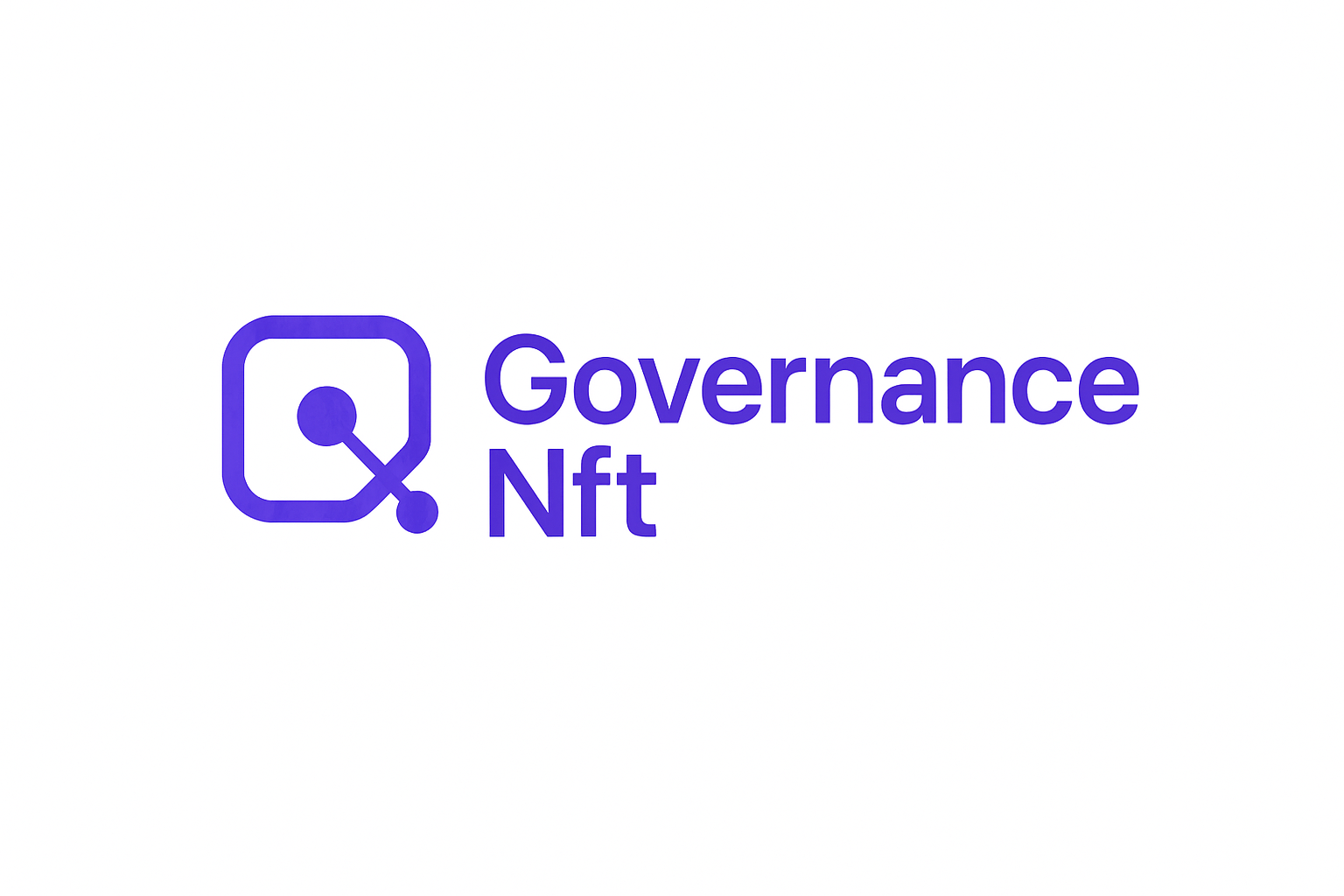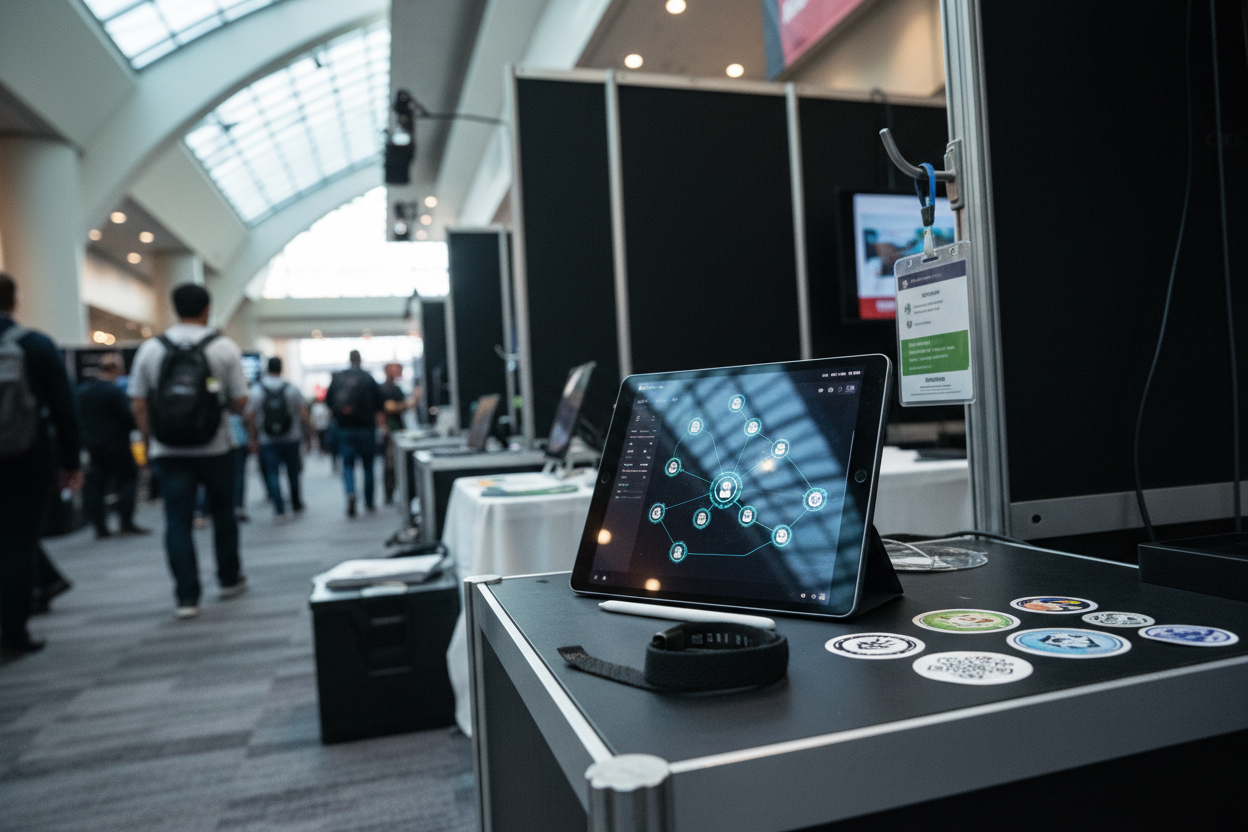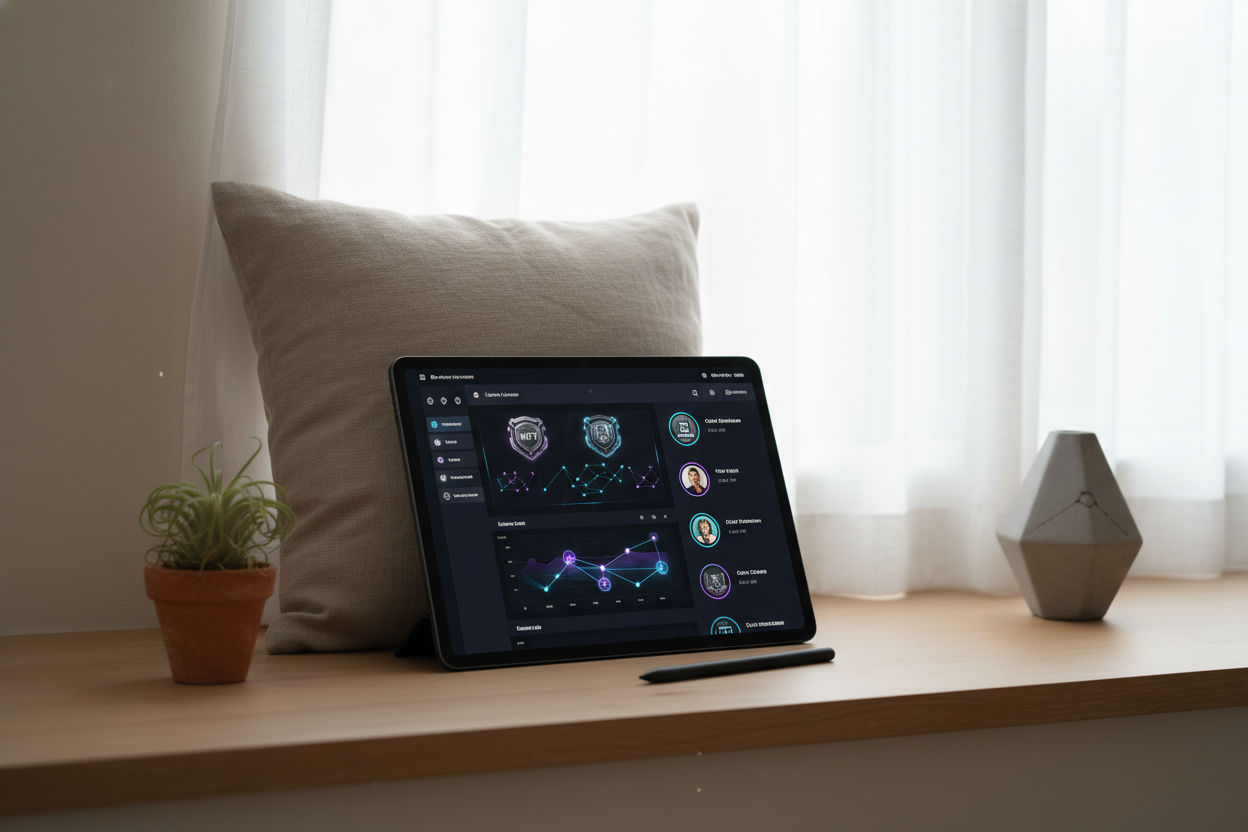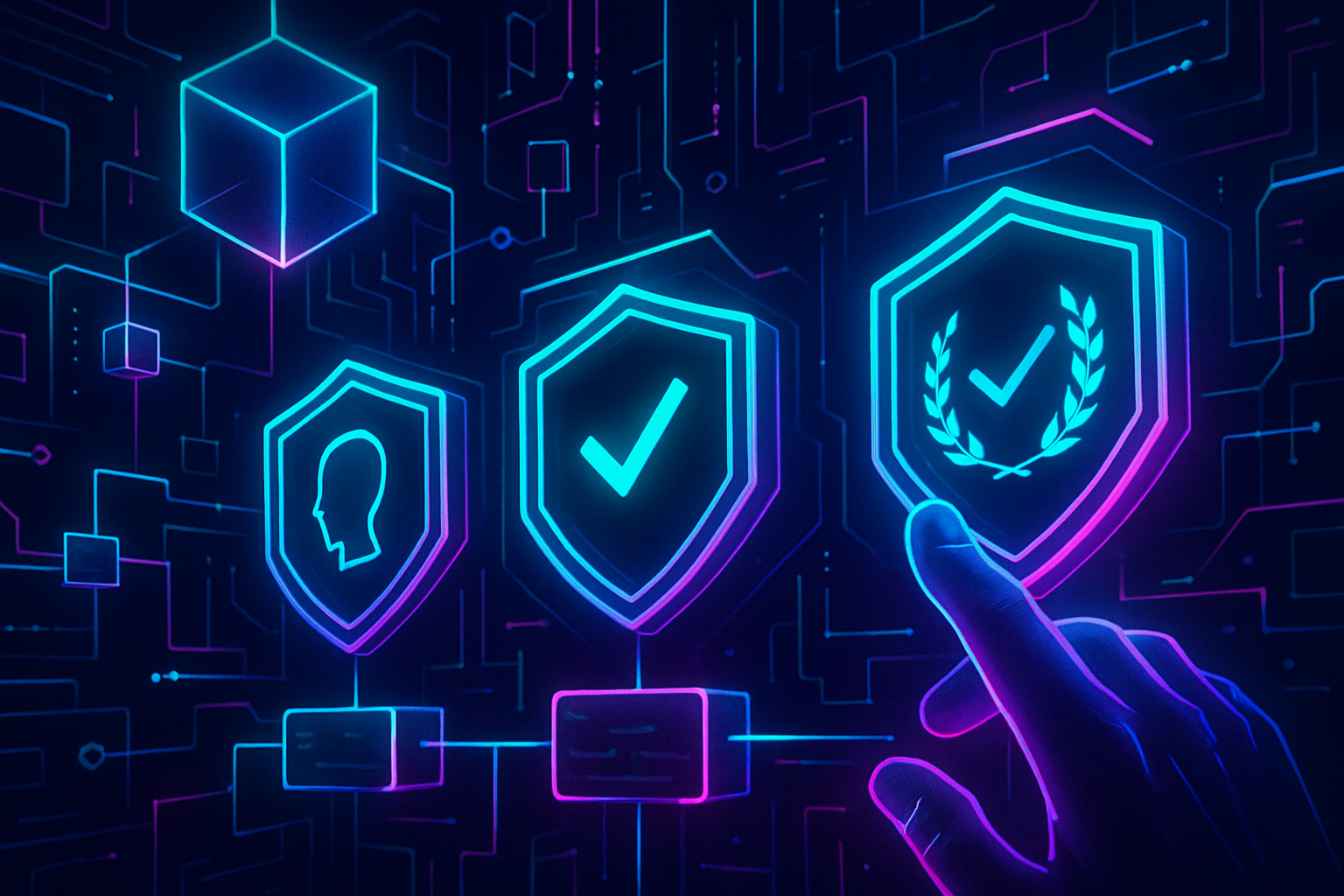
Decentralized Autonomous Organizations (DAOs) are rewriting the rules of digital governance, and governance NFT badges are at the heart of this transformation. By providing verifiable, on-chain credentials that recognize individual contributions, these NFTs are making DAO voting power more dynamic and reputation systems more robust than ever before.

Moving Beyond Token-Weighted Voting: A New Paradigm for DAO Voting Power
Historically, DAOs have relied on fungible governance tokens to allocate voting rights. The flaw? Power often concentrates among large holders, sidelining valuable contributors who lack deep pockets. Governance NFT badges flip this script by decoupling voting power from pure token holdings. Instead, they assign influence based on achievements, roles, or community engagement. This meritocratic approach is gaining traction across leading web3 communities.
Platforms like Snapshot now enable DAOs to configure voting structures where ownership of specific NFT badges translates directly into voting power. For example, a badge awarded for successfully leading a project or moderating community forums might grant more weight in key decisions than simply holding tokens. This shift not only democratizes governance but also incentivizes meaningful participation at every level.
The Engine of Trust: NFT Reputation Systems for DAOs
In the world of DAOs, reputation is currency. NFT reputation systems provide an immutable track record of a member’s contributions – whether that’s technical development, proposal drafting, or community building. Each badge acts as a digital credential that is publicly verifiable and impossible to forge.
This transparent system addresses several pain points:
How NFT Badges Strengthen DAO Security and Engagement
-
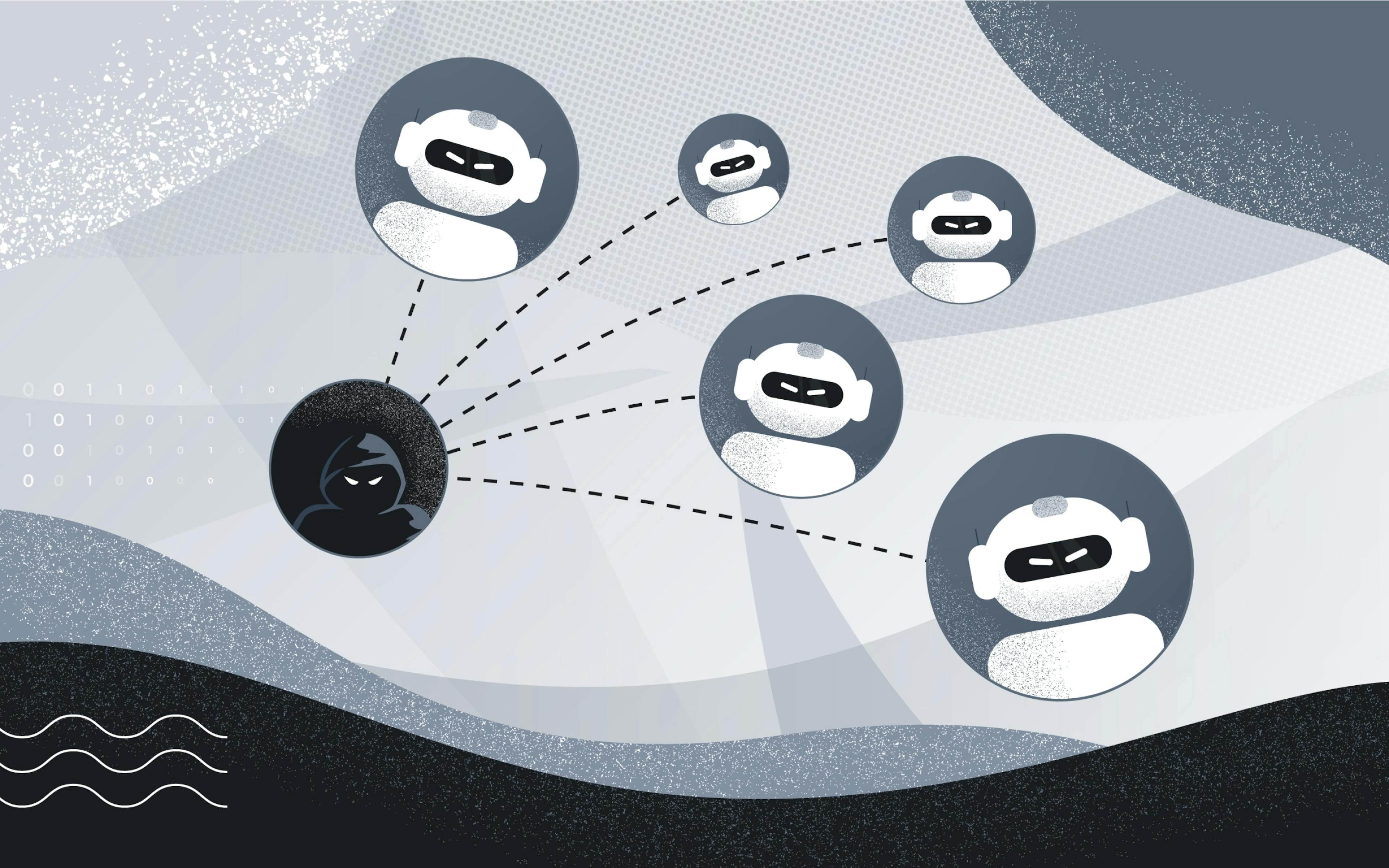
Prevent Sybil Attacks with Unique, On-Chain Identity: Governance NFT badges act as verifiable digital IDs, ensuring each DAO member is uniquely identifiable. This prevents Sybil attacks, where malicious actors create multiple accounts to manipulate voting. Platforms like EtherScore and GovernanceNFT.com enable DAOs to issue badges that are non-transferable and tied to a single wallet, effectively blocking duplicate identities.
-

Enable Unique Member Identification and Reputation Tracking: NFT badges serve as immutable, on-chain proof of each member’s contributions, roles, and achievements. This transparent record builds a reputation system that is visible to all DAO participants, fostering trust and accountability. Projects like DAOBadgeX and Colony use badges to showcase skills, participation, and governance history, making it easy to identify active and reputable members.
-
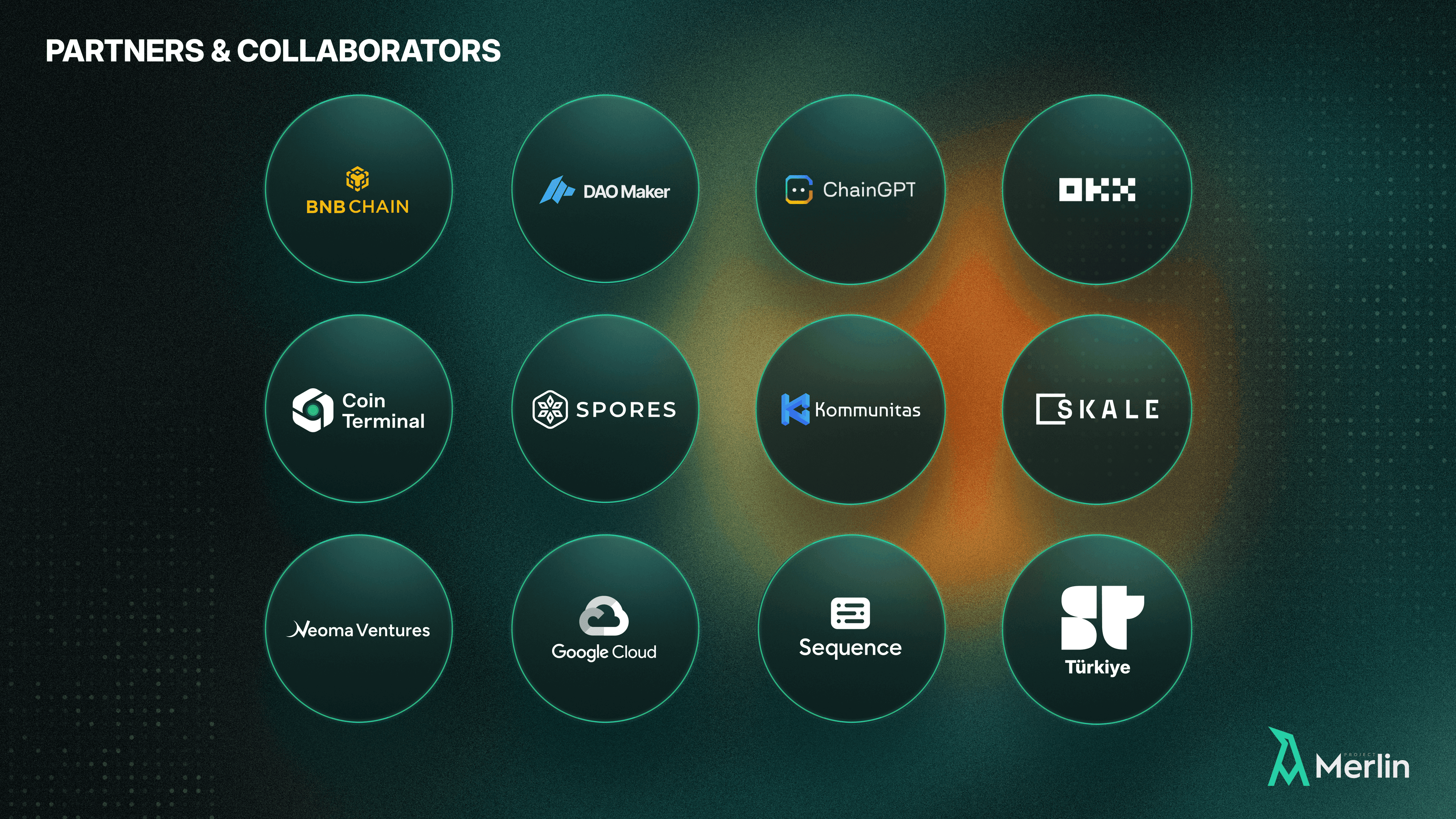
Reward Ongoing Engagement and Merit-Based Voting Power: Governance NFT badges are awarded for active participation, such as voting, project contributions, or leadership roles. These badges can increase voting power or unlock access to exclusive DAO opportunities. For example, EtherScore assigns voting power tiers based on badge accumulation, while GovernanceNFT.com highlights how badges decouple voting rights from mere token holdings, promoting a more meritocratic governance model.
The cumulative effect? Members build an on-chain resume that not only unlocks additional responsibilities within their current DAO but also travels with them across the broader web3 ecosystem. For organizations seeking to attract top contributors or establish trust with new members, a robust badge system is rapidly becoming non-negotiable.
DAO Participation Incentives: Recognizing What Matters Most
The best governance systems don’t just prevent abuse – they actively reward positive-sum behavior. Governance NFT badges make it possible to design granular incentive structures tailored to each organization’s values and goals. For instance:
- A “Builder” badge could increase voting power for those shipping code or launching new features
- A “Community Champion” badge might offer early access to proposals or exclusive events
- A “Governance Pioneer” badge could unlock eligibility for leadership roles or grant programs
This approach isn’t just theoretical; projects like EtherScore and Colony have demonstrated that tying reputation NFTs to tangible rewards creates a virtuous cycle of engagement and loyalty.
If you’re interested in diving deeper into transparent contributor recognition with NFTs, check out our guide on how DAOs can use NFT badges for transparent contributor recognition.
As DAOs mature, the spectrum of badge-enabled incentives is expanding well beyond simple voting rights. Some organizations now link badge tiers to token distributions, grants, or exclusive governance opportunities. This shift strengthens the connective tissue between contribution and reward, ensuring that active members are both recognized and empowered.
Crucially, these systems also reinforce organizational resilience. By distributing influence based on proven merit rather than wallet size alone, DAOs can better withstand manipulation attempts and cultivate a more diverse leadership pipeline. This is especially important for mission-driven DAOs seeking to balance efficiency with fairness.
Best Practices for Deploying Governance NFT Badges
Implementing an effective decentralized governance credential framework requires careful planning and technical rigor. The following checklist highlights key steps for DAOs looking to maximize the impact of their NFT badge systems:
Transparency is at the core of every successful system. Public documentation of badge criteria and issuance logs not only fosters accountability but also signals to new members that the organization values open participation. Automated smart contract issuance further reduces friction and ensures timely recognition for contributors.
Security should never be an afterthought. Regular audits of badge contracts are essential to prevent exploits or unauthorized minting, a single vulnerability could undermine months of community trust-building efforts.
The Future: Composable Reputation Across Web3
The most exciting frontier? Composable reputation NFTs that travel with users from one DAO to another, forming a persistent web3 identity layer. As standards emerge and interoperability improves, contributors’ achievements will become portable assets, unlocking opportunities across multiple decentralized communities.
This vision is already taking shape as leading protocols experiment with integrating governance NFT badges into broader ecosystems. For those building or participating in DAOs, staying ahead means understanding not just how these tools work today but where they’re headed next.
If you want to explore more about how governance NFT badges are transforming voting power dynamics, read our deep dive on how reputation-based governance NFTs are transforming DAO voting power.
Powering Transparent, Accountable Governance
The rise of NFT voting rights isn’t just a technical upgrade, it’s a cultural shift toward transparency, meritocracy, and collective ownership in web3 organizations. By leveraging governance NFT badges as both credentials and incentives, DAOs can finally align authority with authentic participation.
This alignment doesn’t just benefit individual projects; it sets the foundation for scalable decentralized governance across digital economies. As more communities adopt these systems, expect to see a new generation of web3 leaders whose influence is earned through action rather than acquisition.
